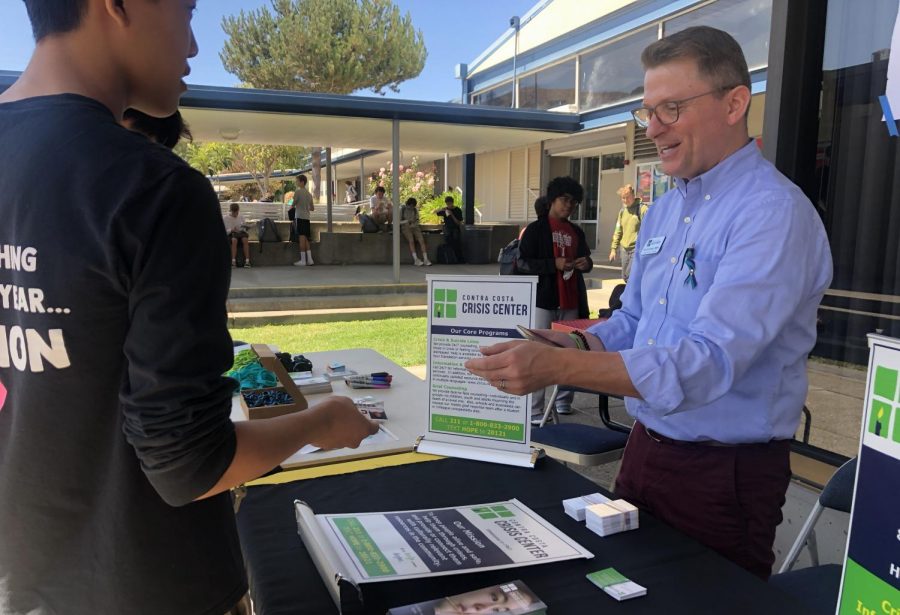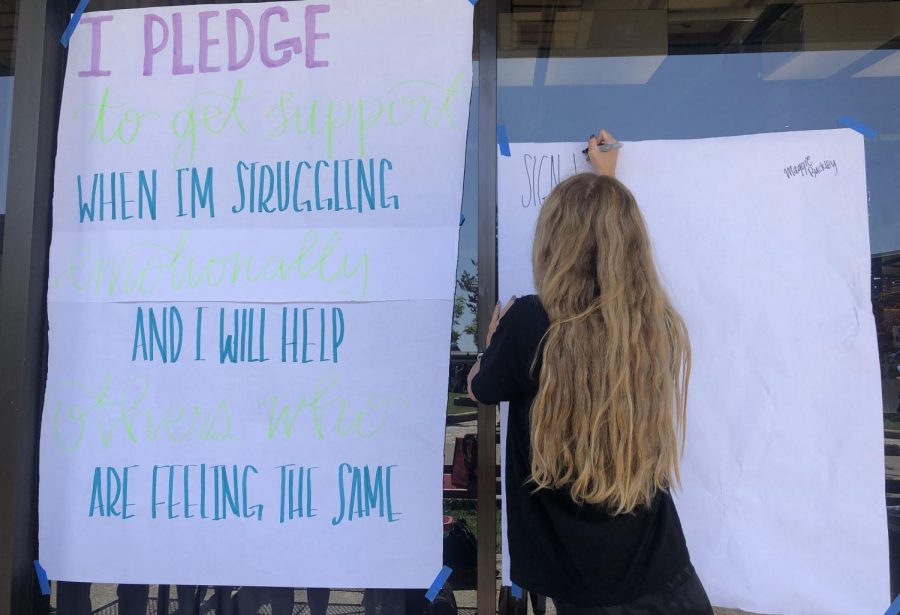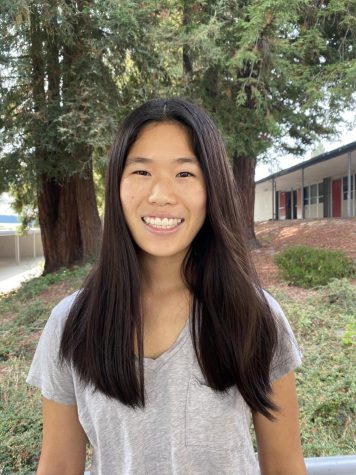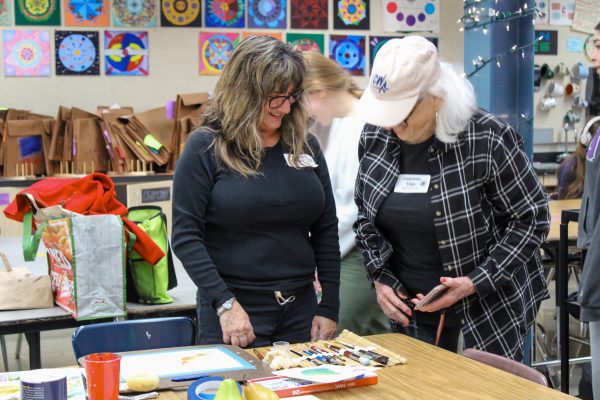Campus Collaborates on Suicide Prevention
September 17, 2019
In recognition of National Suicide Prevention Week and as part of the district’s greater efforts to address students’ mental health, the Wellness Center hosted various lunchtime activities from September 9 to 13.
Suicide is the 2nd leading cause of death among people ages 10 to 34, according to the National Institute of Mental Health, and the suicide rate has been increasing steadily since 1999.
In response to the uptick, the California Senate passed a law requiring all schools to print the number for the National Suicide Prevention Lifeline on students’ identification cards.
Wellness Center Coordinator Kristen O’Meara said, “We’re really happy [about the new law.] That’s something new. Any child between 7 and 18, on the back of their student ID card, needs to have those crisis numbers.”
Scott Chavez, Contra Costa Crisis Center’s Outreach Training Lead, visited campus on Monday to pass out flyers and provide information about suicide prevention and the center’s resources. “We wanted to be sure that everyone knew about our services at the Contra Costa Crisis Center, where we have a crisis line 24 hours a day,” said Chavez. “All you need to do is dial 211 from your telephone to reach us here.”
Chavez was impressed by the district’s attempts to shed light on mental health problems. “I think it’s fantastic,” he said. “Regrettably, there have been some suicides. There are suicides among all the ages and throughout the entire county. This district is working hard in trying to help the students to respond to the stresses and challenges in a healthy way.”
The Bring Change 2 Mind Club helped O’Meara plan Wednesday’s activity, which included projects about gratitude. They also made a “Wall of Compliments” poster, where they wrote compliments on Post-It notes for people to take.
“It’s so great to know the warning signs and risk factors in regards to suicidality to promote awareness and to create prevention, but it’s equally important to focus on gratitude so that we can focus on the good things in our life,” said O’Meara.
Librarian Sarah Morgan joined the effort by setting up a book display that included resources about dealing with anxiety and depression and how to reach out for help.
“I think it’s important to have books like that in the library so that people can access them freely without having to ask someone for help. Sometimes, it’s hard to come face to face with a person if you’re feeling sad or depressed or even feeling suicidal,” said Morgan. “If you can reach for a book to help you, sometimes that’s a good way of alleviating any problems that you have.”
The library also has fiction books that tell stories of people who have overcome their mental health issues. “A way to help yourself is to read about someone else who’s had a problem and overcome it,” Morgan said.
While these books are always available in the library, Morgan said that they were “highlighting” them during the week.
Leadership created posters, including a pledge reading, “I pledge to get help when I’m struggling emotionally and I will help others who are feeling the same,” to commemorate the week.
Junior Class Treasurer Maggie Buckley, who made the poster, said, “I think it’ll help people just think about that kind of stuff, when they’re in a dark place and think back to high school and when they made the pledge.”
Morgan added that raising awareness is important even “if you, yourself, don’t have a problem with depression or anxiety” because “maybe your friend does, so maybe these discussions can help you be a better friend.”
“Sometimes, we don’t talk about problems in our community and we just pretend like everything’s fine, so I’m glad that we are talking about this,” said Morgan.






